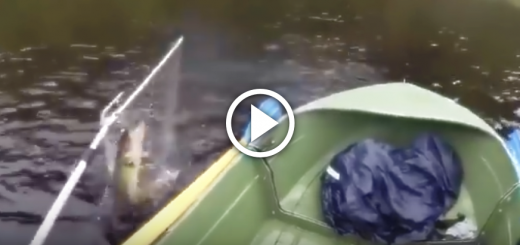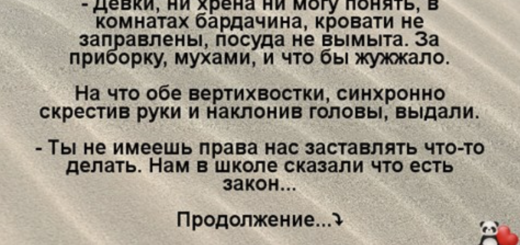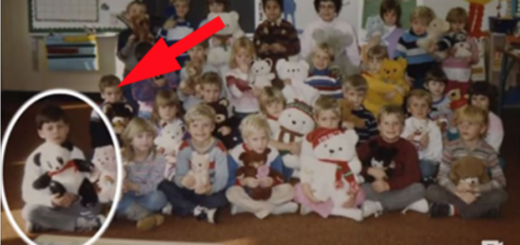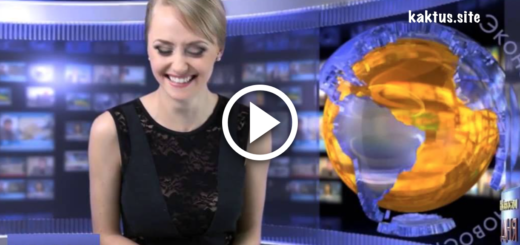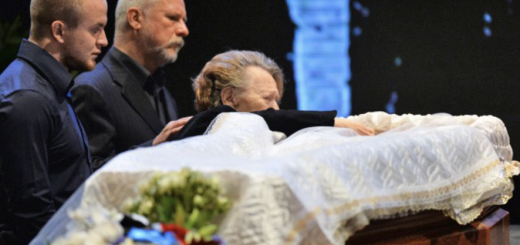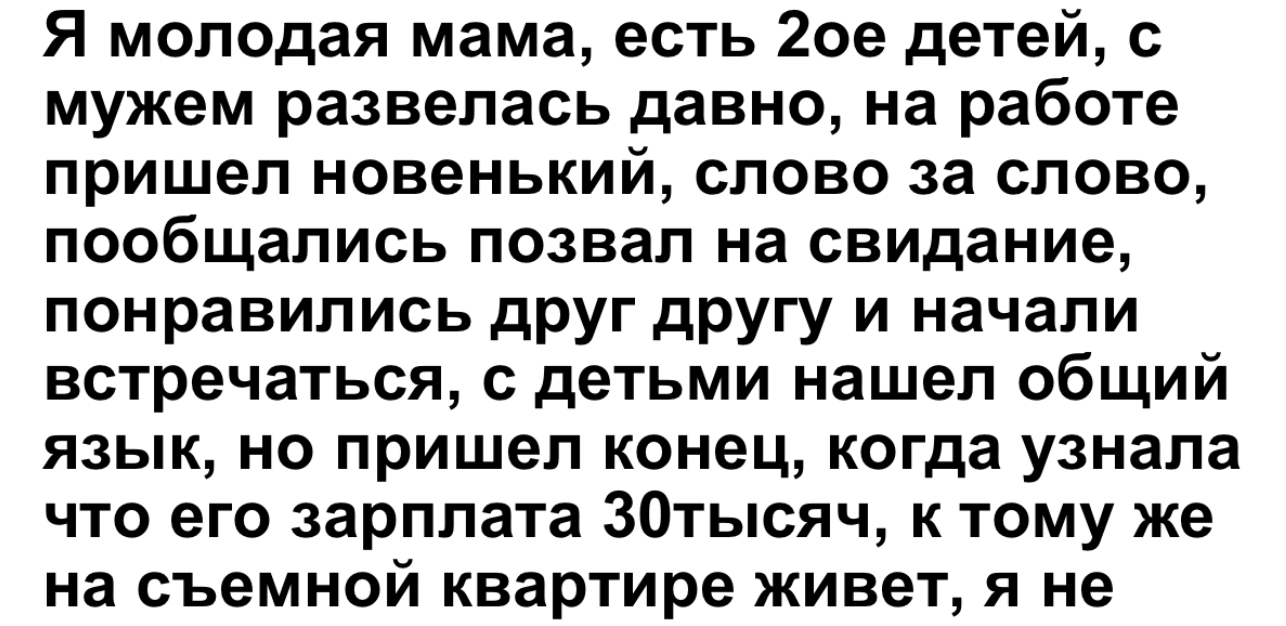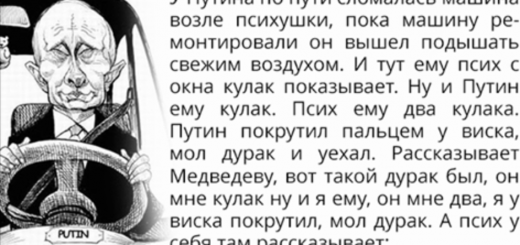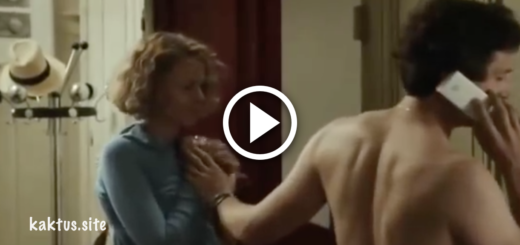A ship where hardened men and women snapped to attention when she passed, where her word was absolute. She had been younger then, her hair pulled back in a severe bun, her uniform immaculate. The memory flickered in the way she tilted her head, listening to the rhythm of the waves—the same cadence she had known during countless long nights on watch. She did not linger on the thought. She simply observed the water, her face a mask of calm, her silence more profound than all the clamor around her.
The mockery, however, persisted. A new voice entered the fray, this one belonging to a woman named Tiffany in her late twenties, with platinum blonde hair and long, crimson nails. She was the kind of person who fed on attention, her Instagram a carefully constructed fantasy of a perfect life. She stood uncomfortably close to Eleanor, her voice loud and grating.
- Seriously, who even let her on board? She’s completely killing the vibe.
Richard Sterling laughed, goading her on.
- Yeah, and what’s the deal with the tote bag? Did you pack a sandwich for lunch or something?
The group erupted once more, their laughter sharp and cutting. Eleanor’s fingers paused on the rail. She turned just enough to meet the woman’s eyes.
- You’re loud, — she stated, her voice steady. Not an insult, just an observation.
The woman blinked, momentarily thrown, before forcing another laugh. But the atmosphere had subtly shifted. A few of the guests glanced away, a flicker of unease in their eyes.
A man in his sixties, Mr. Harrison, his suit impeccable and his silver hair slicked back, approached Eleanor with a condescending smile. He was a man who owned entire companies, and he spoke as if every word he uttered was a gift. He stopped near her, swirling a glass of red wine, his eyes narrowing.
- You must feel terribly out of place here, — he said, his tone almost gentle but laced with a thick layer of pity. — This isn’t your world, is it, my dear?
The surrounding group leaned in, anticipating her response, ready for a fresh round of laughter at her expense. Eleanor tilted her head, her gaze meeting his without a trace of intimidation. She reached into her tote and retrieved a small, brass compass. Its edges were worn smooth with time, but its surface was polished to a high shine. She held it up, letting it catch the afternoon sun.
- I’ve navigated far worse.
The man’s smile froze on his face, his wine glass held motionless, as the compass gleamed in her hand—a quiet, undeniable challenge. The sun began its descent, painting the sea in hues of gold and orange. Eleanor remained in her spot, the light catching in her simple dress, her scuffed sandals planted firmly on the deck.
The captain passed by again, his pace slower this time. He said nothing, but his eyes lingered on her as if he were trying to solve a puzzle. He had encountered people like her before—individuals who commanded respect without raising their voice, people who had witnessed and accomplished things that others could scarcely imagine. He tipped his cap, a minute but deeply respectful gesture, and moved on. The guests noticed this time, and their whispers grew more agitated.
- What is his problem? — the woman in the red hat demanded, her voice low and annoyed. — She’s a nobody. Why is he acting like she’s royalty?
Eleanor showed no sign of having heard them. She simply shifted her tote, her movements slow and deliberate, as if she were weighing the gravity of the moment.
A woman named Lauren, in her early thirties and wearing a bright emerald green dress with chandelier earrings, sidled up to Eleanor. She was a person who commanded the spotlight with a loud voice and grand gestures. She tapped her long fingernails against the champagne flute she held.
- You know, you could at least try to smile, — she said, her tone sharp but disguised as playful teasing. — You’re bringing the whole mood down with that serious face of yours.
The circle around her laughed, some raising their glasses in a mock salute. Eleanor’s eyes flicked to the woman’s ostentatious earrings, then back to the sea. She adjusted her tote, her fingers brushing against a small, faded patch sewn into the canvas—a naval insignia, barely visible to the casual observer.
- A smile doesn’t change the tide, — she said, her voice even and almost soft.
The woman’s laugh died in her throat, her champagne flute trembling slightly as Eleanor’s words hung in the air, heavy and resonant.
The party continued, the music growing louder, the drinks flowing freely, but a sense of unease had settled over the deck. The captain’s deferential nod, his swift action based on her prediction about the anchor—it was an unanswered question that lingered in the atmosphere. A man in a linen suit, his hair graying at the temples but his ego fully intact, leaned toward his wife.
- Maybe she’s some kind of high-level consultant, — he muttered. — Or a personal guest of the owner.
His wife, her lips painted a bright coral, shook her head dismissively.
- No way. Just look at her. She’s nobody.
But her voice held a new note of uncertainty. Eleanor was oblivious to their speculation, or if she heard, she gave no indication. She opened her tote and took out a small, worn book—a naval field manual, its pages soft and its edges frayed from years of use. She flipped to a page, her eyes scanning the text with the familiarity of someone revisiting an old friend. The gesture was subtle, but it caught the attention of a quiet man standing nearby who had not participated in the mockery. He squinted, a flash of recognition in his eyes, but he remained silent.
A young man of no more than twenty-five, Jake, his sneakers blindingly white and his watch comically oversized, strutted over to Eleanor. He operated under the assumption that his youth and his father’s money made him invincible. His voice was loud, his grin arrogant. He pointed at her tote while his friend snickered behind him.
- What’s in there? Your grandma’s knitting? — he jeered.
The group howled, some mimicking the act of knitting, their phones raised to capture the moment for social media. Eleanor didn’t even flinch. She reached into the tote and produced a small, folded map, its creases deep and permanent from countless years of use. She unfolded it just enough to reveal a complex grid of nautical coordinates before tucking it safely away.
- Some things are worth more than your watch, — she said, her voice calm, her eyes unwavering.
The young man’s grin faltered. His friend’s laughter sputtered out as they caught a glimpse of the professional-grade chart, a flicker of doubt finally crossing their faces.
And then, the sea itself seemed to change. A low, distant rumble began to grow, deeper and more constant than thunder. Heads turned. Conversations ceased, champagne glasses paused mid-sip. A colossal gray silhouette emerged on the horizon, its form unmistakable: a U.S. Navy destroyer, its hull cleaving the waves like a razor.




